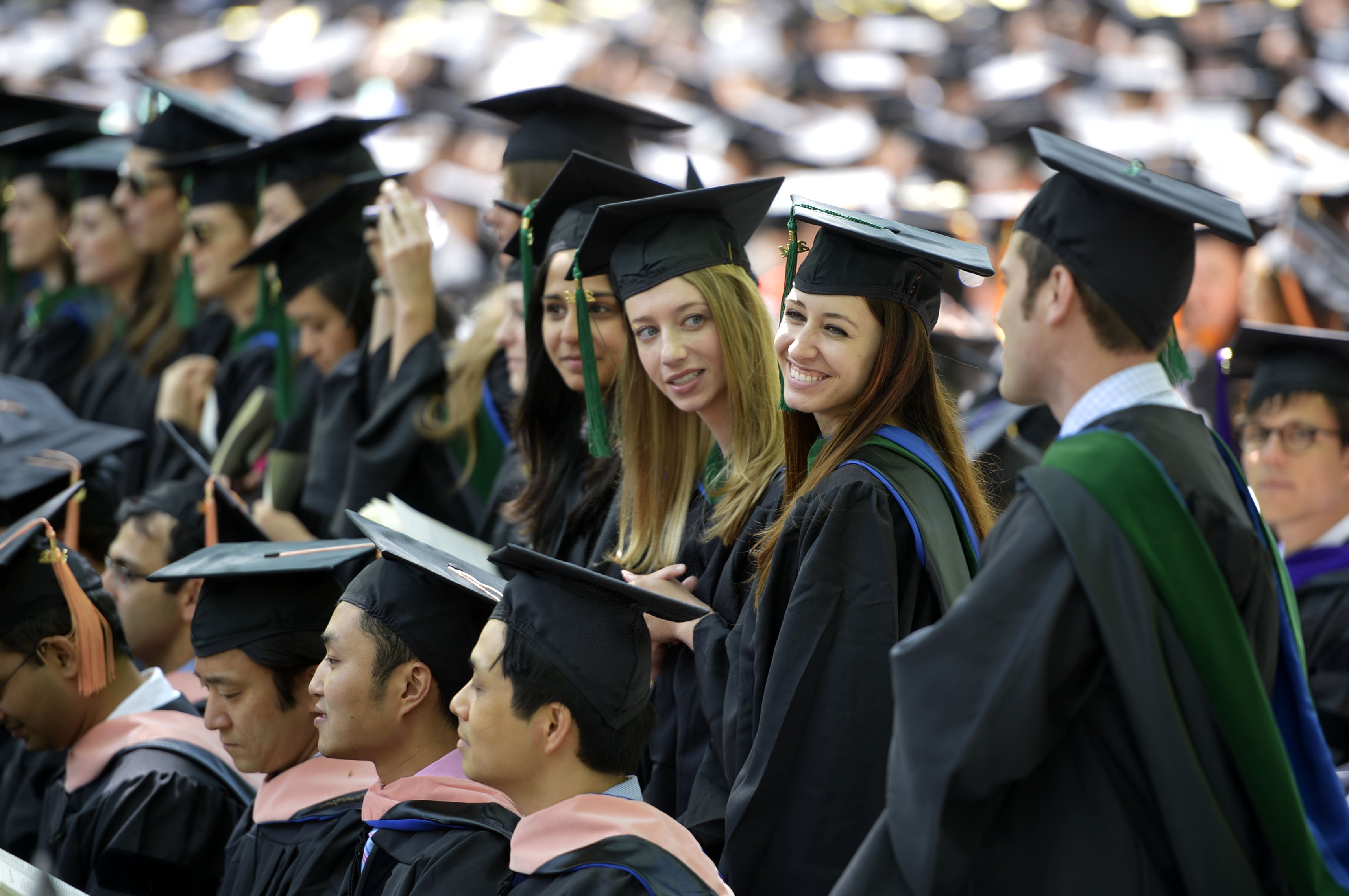Governments and universities need to ensure equal opportunities for all students
- By Mathew Wong
 0 Comment(s)
0 Comment(s) Print
Print E-mail China.org.cn, March 31, 2019
E-mail China.org.cn, March 31, 2019

The recent U.S. college admissions scam has attracted a great deal of media and public attention. The scandal raised important concerns about the equality of access to higher education between wealthy families and those from disadvantaged socioeconomic backgrounds. Dozens of high-profile individuals, including CEOs and Hollywood actresses, were charged with bribery and fraud to secure their children's admission into top universities since 2011. Leading institutions including Yale University, Georgetown University, Stanford University, the University of Southern California as well as Wake Forest University were reportedly involved.
According to prosecutors, parents paid a college admissions prep company approximately US$25 million to bribe coaches and university administrators to designate their children as athletic recruits. Other parents paid between US$15,000 and US$75,000 per test to acquire a higher test score for their children. It was also reported that some students were not aware of their parents' actions.
Entering elite universities has often been considered as the first step to landing top jobs with high salaries. This is also one of the few ways that students from low-income families could potentially break inter-generational poverty and improve their upward mobility. Although going to top schools does not in itself guarantee automatic success, it is at least a path for the economic disadvantaged who aspire to move up into the middle income strata, and opens doors for them in an increasingly competitive society.
Admitting more upper-middle class students, who already enjoy greater societal privilege due to their family background and connections, means that more disadvantaged students are being rejected. As such, underprivileged kids from low-income families have to work even harder to climb the social mobility ladder. Some worry that this scandal is just "the tip of the iceberg" of college inequality. Although not every upper-middle class family can afford to enter elite colleges, the ultra-rich families with established connections have an advantage. According to the New York Times, families can make significant donations to the schools, and a minimum of US$10 million can earn special consideration for their kids' applications. The media also reported that parents who pay for the four-year tuition fees in one go without needing financial aid can also enjoy an edge in admissions. This is, in addition to the fact that they can also afford private college consulting services, which is legal.
Education is often seen as one of the effective tools that helps lift people out of poverty and narrow social and economic inequalities. But social inequality is likely to be widened if economic inequality spills over into the education sector, as demonstrated in the U.S., and in all developing and developed regions. Governments and universities should play an active role to ensure a more inclusive admissions policy to help grass-root communities improve social mobility. Social inclusion policies should be encouraged to help admit more talented students from low income backgrounds, and sufficient financial incentives should be provided to guarantee that talented students would not be deprived of the opportunity because of financial constraints. On the other hand, a more rigorous and transparent admissions process should be adopted in all educational institutions so that admissions based on fraud, nepotism, or corruption would not become the norm.
Dr. Mathew Wong is an Assistant Professor in the Department of Social Sciences at the Education University of Hong Kong.
Opinion articles reflect the views of their authors only, not necessarily those of China.org.cn.
If you would like to contribute and have specific expertise, please contact us at opinion@china.org.cn.






Go to Forum >>0 Comment(s)